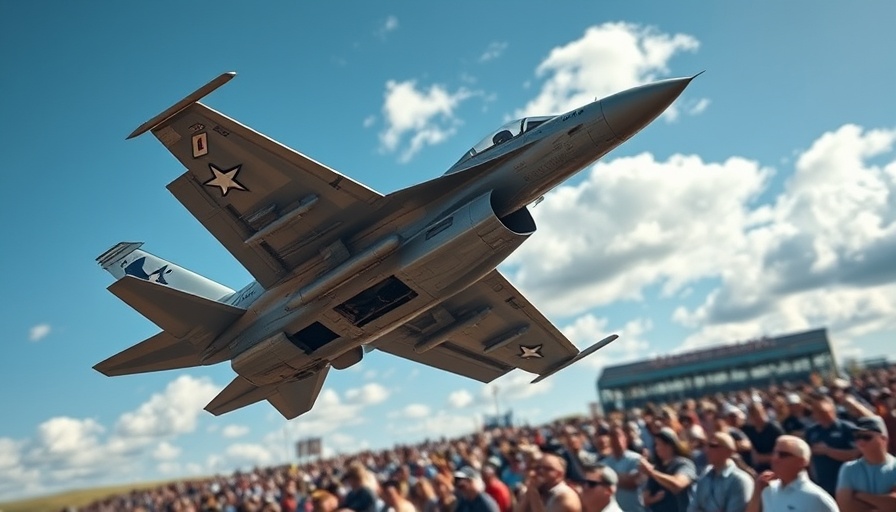
Unpacking Turkey's Potential S-400 Deployment in Syria
Recent reports suggest that Turkey may deploy its Russian-made S-400 Triumf missile defense systems to Syria, a move that could heighten tensions with Israel. The S-400, known for its advanced capabilities, carries a risk of altering the regional balance of power, especially in relation to Israel’s military operations.
What Could This Mean for Regional Security?
If Turkey establishes a multilayered air defense system, including the S-400, at the T4 airbase, the implications for Israeli air operations could be significant. Israeli lawmakers have voiced concerns that the missile system’s operational range and detection capabilities could severely limit their ability to conduct missions against Iranian or Hezbollah targets in Syria. Thus, an S-400 deployment is not merely a military decision; it’s a geopolitical chess move that could change the rules of engagement in the region.
Negotiations for Control and Safety
As both countries engage in negotiations over airspace deconfliction, the stakes are high. With Turkish and Israeli jets potentially sharing the same airspace, the urgency for conflict prevention mechanisms is apparent. Diplomatic channels will play a crucial role in managing this powder keg situation, as failure to establish a mutual understanding could lead to unintended confrontations.
Future Implications of Military Escalation
The ramifications of deploying the S-400 in Syria are multifaceted. Should tensions escalate, we could see a shift in U.S. foreign policy, particularly concerning arms deals and military support to Turkey, which is already in a precarious position with its NATO allies. The deployment could therefore not only transform the conflict dynamics in Syria but also reshape alliances and partnerships in the Middle East.
 Add Row
Add Row  Add
Add 




Write A Comment